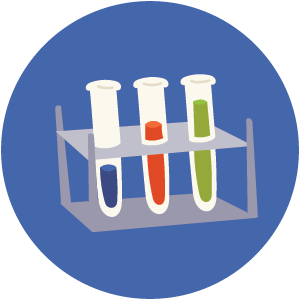
Everything you Want to Know About the Johnson & Johnson Vaccine
What are the basics?
The latest vaccine is produced by Johnson & Johnson (J&J) and was authorized for use in Washington state on Wednesday, March 3, 2021, by Governor Inslee and the Western States Scientific Safety Review Workgroup.
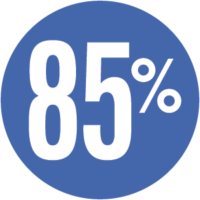
How effective is the Johnson & Johnson vaccine against COVID-19?
According to the manufacturer, the J&J vaccine is 85% effective in preventing severe COVID-19 symptoms that can cause hospitalizations and death across all regions studied, including countries with variants. This rate of efficacy is right up there in comparison to the Moderna and Pfizer vaccines.
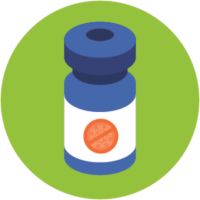
What other good things are there about the vaccine?
There are a lot of benefits the Johnson & Johnson vaccine will bring to the table! Since the J&J vaccine was more recently authorized for emergency use, this vaccine has been tested while variants of the COVID-19 virus have been present, and the vaccine has proven to be effective against these strains.
The J&J vaccine is also easier to store and transport since it does not require the extreme refrigeration that the Moderna and Pfizer vaccines need to remain stable. Another benefit is that the J&J vaccine provides protection in one dose instead of two. Though quantities may be limited at first, all these reasons will make it easier to get people vaccinated since they will only need one appointment to become protected from severe COVID-19 symptoms, and transporting the vaccine will be easier!

What are the side effects of the Johnson & Johnson vaccine?
Though the Johnson & Johnson vaccine distribution was temporarily paused, the CDC and FDA concluded that the vaccine is safe and effective and that the risks are rare in comparison to the risks associated with contracting COVID-19. While it is common to experience fatigue, fever, headache, and soreness at the injection site, it has been reported that the J&J vaccine has noticeably milder side effects then the Pfizer and Moderna vaccines, according to the FDA. If an individual does experience severe headache, abdominal pain, leg pain or shortness of breath within three weeks of receiving the J&J vaccine, they should reach out to their healthcare provider as soon as possible.
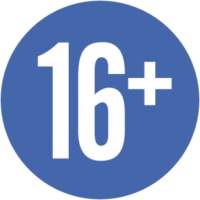
Who is qualified to get the vaccine(s)?
On March 31, Governor Inslee announced that beginning April 15, everyone over the age of 16 will be eligible to receive a COVID-19 vaccine in Washington state. Keep in mind, the Pfizer vaccine is currently the only vaccine authorized for the vaccination of people ages 16 and 17. To find vaccination clinics near you, click here or call dial 800.525.0127, then press #. Language assistance will be available.
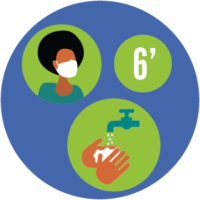
What do I do after the vaccine?
It is important to keep practicing safety guidelines even after getting vaccinated, because these precautions will help keep people who have not yet received their vaccine safe. Continue to wear a mask, wash your hands, maintain six feet of physical distance in public spaces and avoid large gatherings.
It’s been over one year since the first case of COVID-19 was reported in Washington state, and the authorization of a third COVID-19 vaccine is something to celebrate. All three vaccines are safe and highly effective at eliminating severe disease and death from COVID-19, but the “best” vaccine is the one made available to you when you’re eligible. The vaccine is a primary tool necessary to stop the spread of COVID-19 in our community. The sooner we can become fully vaccinated, the sooner our community can reach herd immunity levels (70%-90%), and the sooner we can resume normal life.
For more information about COVID-19 and vaccination efforts, visit: covid.srhd.org
